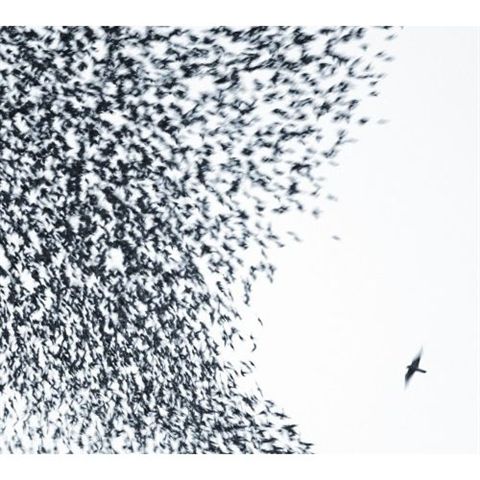
Photo by Dan Burn-Forti
Nick Lowe’s 45-year career as a singer-songwriter, record producer, and all-around musical instigator is a one-man Village Green Preservation Society, to quote the Kinks’ 1968 mission statement. After brief spell in a Cream-influenced psychedelic rock band, Kippington Lodge, Lowe and his fellow UK mates, including future standouts in the late-’70s new wave scene, got an early start on “preserving the old ways” in the Americana roots-rock band, Brinsley Schwarz. A big push to launch the band in the States flamed spectacularly, and in the US their records would be left for music nerds to dig out of the far reaches of used record bins for the next decade.
In 1976, following the demise of the Brinsleys, he hooked up with veteran Welsh musician and producer Dave Edmunds and carved out a role for himself “protecting the new ways,” as house producer for fledgling punk/new wave label Stiff Records. His “So It Goes” b/w “Heart of the City” was the first single on Stiff, and it heralded the artist’s devil-may-care approach to writing subversive takes on AM Top 40 hits of the ‘60s and early ‘70s. His solo output at this time peaked with his second album, Labour of Lust, on which he was backed by Edmunds and fellow members of Rockpile. The single from that album, “Cruel to Be Kind,” with the shaggy video including scenes from his wedding to Carlene Carter, is the most vibrant expression of the new wave era’s cheerful sense of fatalism. He must have been a good fit for the June Carter-Johnny Cash clan.
As a producer, Lowe made his mark helping Elvis Costello & The Attractions craft a diverse, high-octane run of 5 straight albums in 5 years, including their unexpectedly sincere take on one of Lowe’s Brinsley Schwarz-era hippie goofs, “(What’s So Funny ‘Bout) Peace, Love, and Understanding.” Known as “The Basher,” for his no-nonsense approach to both work and play, Lowe wasn’t messing around, although frequently it just seemed that way.
By the mid-’80s, despite a few minor hits and continued successful production work, Lowe was losing his way. His records lost their snap. The jokes were growing stale. The snappiest of that run, 1990’s aptly named Party of One, was nevertheless the end of the line for Nick the Knife.
I suppose with my advancing age I’m not quite so interested in tricks in the studio, sort of wham-bam-thank-you-m’am.
A few years later, financially secure thanks to a Curtis Stigers cover of “(What’s So Funny ‘Bout) Peace, Love, and Understanding” being included on the soundtrack to Whitney Houston’s schlock smash, The Bodyguard, a mature Nick emerged. He was done chasing pop stardom, done with dick jokes. He embraced his pop classicism on albums like Dig My Mood, The Convincer, and At My Age. His latest album, The Old Magic, goes even further in this vein, skirting the raunch of rock ‘n roll, soul, and country music for something more akin to early ‘60s dinner club pop balladeering. The new album has been a tougher sell for me than his last few gems, but Lowe’s craftsmanship and comfort in his own skin are impressive. Over the phone, Lowe was as warm, open, and engaging as his music might suggest. He made a couple of mentions of the thrill of meeting and playing with one of his own heroes, the recently deceased Levon Helm, and his new musical friends, Wilco. A thrill’s a thrill, whether it’s the thrill of looking backward or the thrill of looking ahead.
RTH: I was looking at your tour schedule and was saddened to see that this coming Saturday you were supposed to play a Midnight Ramble show with Levon Helm. I know you’d appeared with him on Elvis Costello’s Spectacle, which I didn’t get to see. Had you met Levon before, say in the Brinsley Schwarz days?
NICK LOWE: Yes, I sure did. The Brinsleys had a house just outside of London., where we all used to live together. One day some people phoned up and said the Band, who were doing a big show at Wembley, in 1972 or ‘73, needed a place to rehearse. These people said, “Can they come out to your house and rehearse?”
They hadn’t played for a while. We just couldn’t believe it, we were such big fans. Anyway, they all turned up, they played on our equipment, you know, ran once through what they were going to do on the show, and off they went again. I might have said, “Hello.” It was a huge thrill.
RTH: When you played with Levon on Spectacle was that the only time you’d performed with him? Continue reading »



